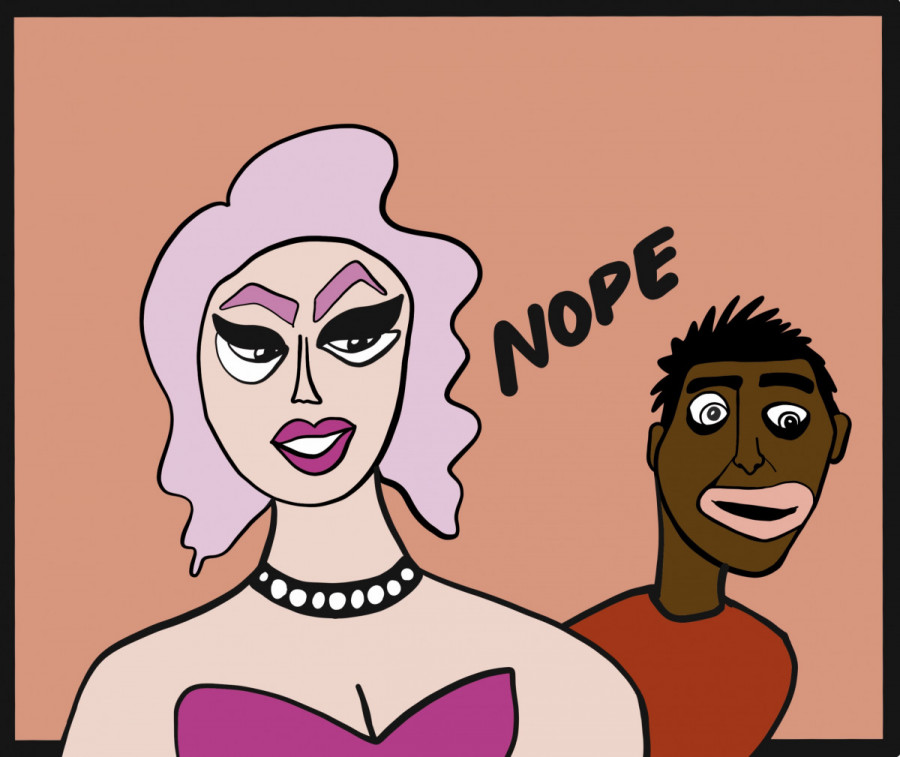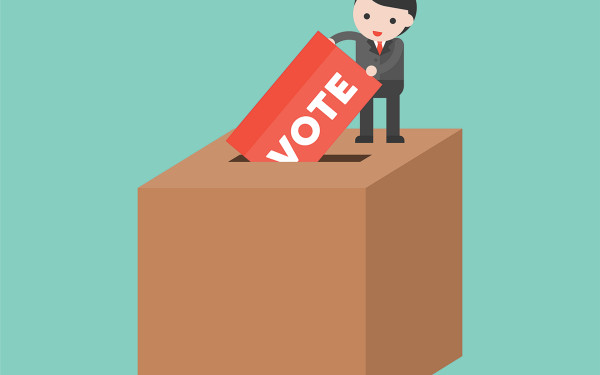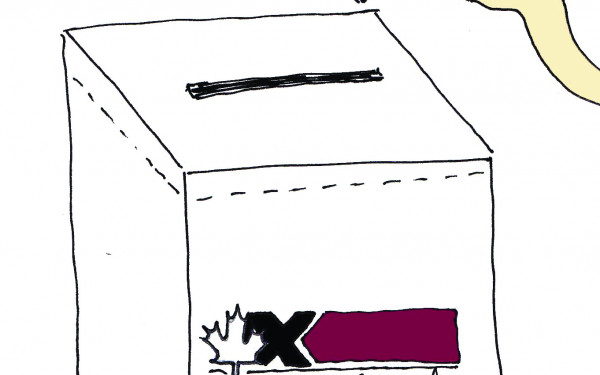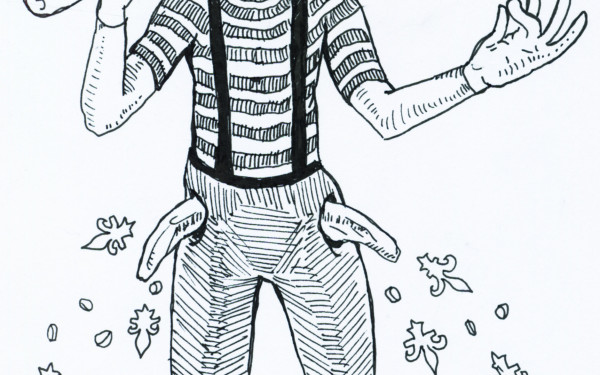Expression or Oppression?
The Similarities Between Drag and Blackface Stop at the Makeup
Do you ever hear something you feel an instinctual disagreement to, but can’t really explain why?
That’s how I felt when one of my professors recently compared wearing blackface to dressing in drag.
It seems nearly everybody has been having the same conversation in every class for the last couple of weeks. Regardless of program, school, or even province, the Justin Trudeau blackface controversy seems to be on everybody’s mind.
I know I’ve heard about it at least 10 times a day, and I’m sure if you’re the type of person to keep up with the news, the last thing you want is yet another article on our Liberal leader’s blunder.
This is not a Trudeau article. This is an article about identity, expression, community and much more. This is an article about each and every one of us.
I want you to think about your own identity for a moment. Where are you from? What was your family like? What ethnicity do you identify with? What gender? Sexuality?
All very personal questions, I know, but to talk about these concepts in-depth—which given the current state of affairs we are being asked to do—we have to understand the difference between the things out of our control biologically, and the things that are so normalized we sometimes feel like they’re out of our control, too.
Same means, VERY different ends
At first I was stunned by the comparison my professor made. It seemed completely ludacris and downright offensively wrong, but when I put some real thought into it I was more shocked to find that I couldn’t articulate why the two practices are so different, even though it felt obvious.
But before I try to articulate how different they are, let’s look at the similarities. The only reason to think of the comparison in the first place is that both blackface and drag involve people changing their physical appearance.
People using makeup, people acting as something they were not born as, and sure this is literally true, but to think this way implies that both practices are, at their core, becoming something that you are not.
Being who you want to be
Here we reach our first point of problematic-ism. This is just not true when it comes to being a drag queen/king. Drag is fundamentally about creating, exploring, and sharing one’s own identity with others!
Drag is a way in which people free themselves from the constructs of masculine and feminine, and instead share with the world who they really are, seperate from what anyone expects them to be.
And what’s important to recognize here is that drag is not about changing your biological sex, or even about your assigned gender at all. You rarely see drag used in a way that highlights people’s private parts.
What you do see is people playing with clothing, and dance, and makeup, and so many other artistic feats. This is important because It’s partly what stops drag from being an act which mocks other sexes, similarly to how blackface mocks other ethnicities.
Sure, every once in a while you’ll see a Saturday Night Live skit featuring John Mulaney dawning fake tits and red stilettos, but comedians aren’t contributing to a systematic and enriched racism affecting every aspect of a minorities life. They’re just making jokes, sometimes jokes which go a little too far, but jokes nonetheless.
And that’s nothing compared to what blackface is, and always has been—an impersonal, racist, and oppressive caricature.
The line between Jinkx Monsoon and Jim Crow
Drag has historically and consistently been used to challenge the social barriers and norms assigned to the different genders. It has always been a way for people to branch out of their labels and explore gender as more than a two-party system. These roots run deep.
Centuries before we had RuPaul and Trixie Mattel, people were exploring all those parts of us I was talking about earlier, the ones that can feel out of our control, but aren’t (or at least shouldn’t be.) This is the other way drag differs drastically from blackface.
What exactly is the point of the makeup and the act? In drag, it’s a form of personal identity, it’s freeing, it’s creative, it’s an extension of the drag artists being and a way to create a safe community.
Blackface does the exact opposite of this; blackface steals an identity. And what’s worse is that it’s not even a single identity it’s stealing, it’s a generalized mockery of an entire race. Peoples who have already faced horific periods of discrimination, humiliation, and segragation, and still do.
Blackface is the act of mockery, and at the end of the act the makeup comes off, leaving human beings the butt-end of privileged jokes. This is how blackface has always been used, as propaganda reducing millions of people to a single, easy-to-suppress image.
So when I hear someone asking: “aren’t drag queens just imitating other sexes?” I feel that instinct telling me I can’t agree.
And so should you—to compare drag artists to blackface wearers is nothing less than comparing real vulnerability to systemic racism.







